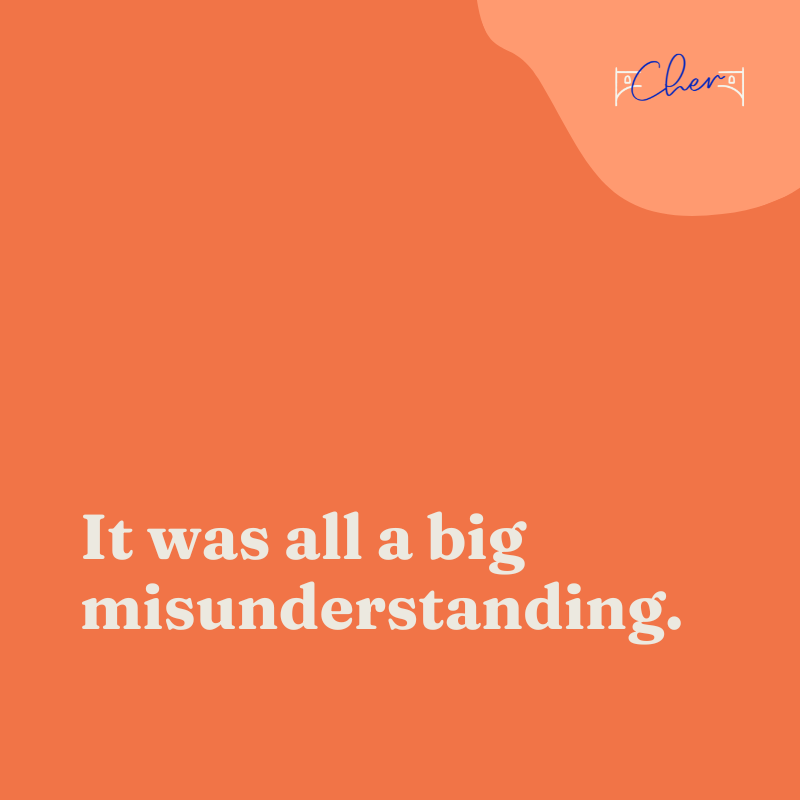How do you express that a misunderstanding was at fault for some action you took or something you said? One of the ways that I recently learned to say this was the word “equivoco” which literally means misunderstanding.
Here are a few examples of how you could use it:
Puoi chiarire questo equivoco per noi? Cos’è successo? - Can you clarify this misunderstanding for us? What happened?
È stato un semplice equivoco. Sarebbe potuto succedere a qualunque. - It was a simple misunderstanding. It could have happened to anyone.
Tutto questo è un tremendo equivoco. Lasciami spiegare. - All of this is a big misunderstanding. Let me explain.
Of course, there are other ways to express this too, primarily with the verbs “capire” and “fraintendere.”
Gli esempi:
Leggi il messaggio di nuovo. Mi sa che hai capito male. - Read the message again. I think you misunderstood it.
Hai frainteso tutto. - You’ve misunderstood everything.
Avete delle domande? Scrivetemi!
Un abbraccio,
Cher
Note of language love: All of our articles, lessons, and podcast episodes have been edited by a native Italian speaker. However, if you find a mistake, let us know! We want these articles to be accurate, accessible, and easy to understand. Reach out directly at italianwithcher@gmail.com or leave a comment. Grazie in anticipo!
Note to the passionate Italian language student: This is a free lesson that I hope makes you laugh and love Italian just a little bit more than you already do. If you love this content, please consider becoming a paid subscriber. Everything around is funded by readers like you and by my enthusiasm for the Italian language and culture. Grazie in anticipo!














Share this post